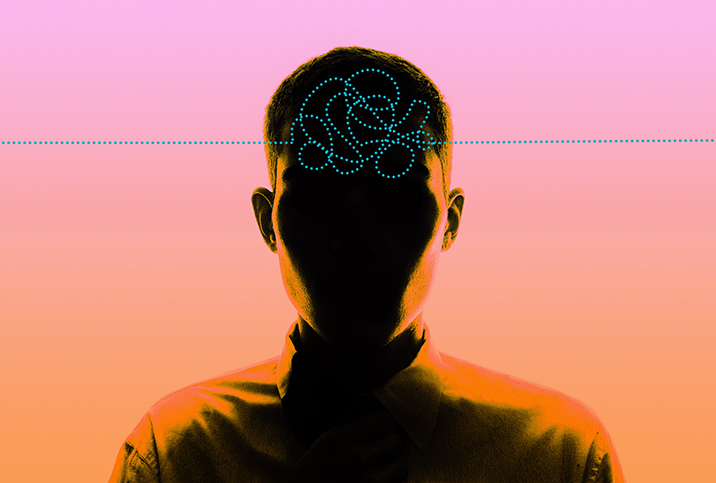Shania Twain Talks Body Positivity in Her 50s

In a society that condemns older women to frumpy cardigans and calf-length skirts, 57-year-old country singer Shania Twain is refusing to cover up.
The musician posed topless in a white cowgirl hat and high-heel boots for the artwork on her latest hit single, "Waking Up Dreaming." The single was released in September ahead of her upcoming album, "Queen of Me," set for release on Feb. 3, 2023.
"This is me expressing my truth," Twain said in a recent interview with People. "I'm comfortable in my own skin, and this is the way I am sharing that confidence."
For a culture so obsessed with the female body, interest tends to dip precipitously after middle age. Twain, however, won't be ignored.
"I am a woman in my late 50s and I don't need to hide behind the clothes," Twain continued in the interview. "I can't even tell you how good it felt to do nude shooting. I was just so unashamed of my new body, you know, as a woman that is well into my menopause. I'm not even emotional about it; I just feel OK about it. It's really liberating."
Twain has long been a proponent of body positivity. "From the very beginning—the very first video—I was ditching the bra," she recalled.
But as she began to age, the country and pop singer began to hear whispers of negative self-talk.
"I was a lot firmer then, so as I grew older, I started feeling a different pressure of, 'Well, your breasts are not as plump as they used to be. Your skin is not as tight as it used to be. Maybe you should start covering it up a little bit more,'" Twain told People.
But no sooner had body image issues surfaced than Twain confronted them.
"I hit this wall and was like, 'Whoa, my confidence is regressing. My courage is dulling. Why am I allowing this? Frig that,'" she said.
"I am embracing my body as it changes, as I should have from my childhood to my teens, as I should be from my taut 20s and 30-year-old self to my menopausal body," Twain said. "I'm not going to be shy about it. I want to be courageous about it and I want to share that courage in the artwork that I am directing."
Menopause and body image
Issues with body image—or someone's emotional attitudes, beliefs and perception of their own physical appearance—can plague people of all ages and genders. In a world that worships youth, body image can take a hit as women grow older and go through the menopause transition.
According to the North American Menopause Society (NAMS), "many things affect how a woman feels about her body—from puberty to pregnancy to menopause and every media or personal influence in between."
During the transition to menopause, people may experience physical, emotional and social changes that impact the way they feel about their bodies.
A 2015 study of 75,256 participants found 83 percent felt dissatisfied with their bodies, which they believed to be heavier than their ideal weight. Research also suggests that body image is correlated with the severity of symptoms; in other words, the more severe the symptoms, the worse the body image.
There are some hopeful findings: A 2018 study of 109 participants undergoing menopause found women with positive attitudes toward the transition had a more positive body image and experienced lower levels of depression.
Dealing with body image issues around menopause
If you—like Twain—have ever suffered from body image concerns, NAMS has a few simple suggestions for embracing body positivity. The organization recommends engaging in relaxing, social or spiritual activities you enjoy to hush your inner critic.
"Write down a compliment or two and refer to it when you find yourself obsessing about those not-so-favorite traits," NAMS advised.
In addition, the organization advocates for frequent exercise, which can boost mood and confidence, whether or not you want to lose weight.
If you're struggling with your body during the menopause transition, you're in good company. While it's easy to tout body positivity, actually living in a "foreign" body—especially one going through hot flashes, restlessness, heart palpitations and other unwanted symptoms—can be a challenge. If the image of your own body is hurting your mental and emotional well-being, seek help from a therapist or healthcare provider.


















